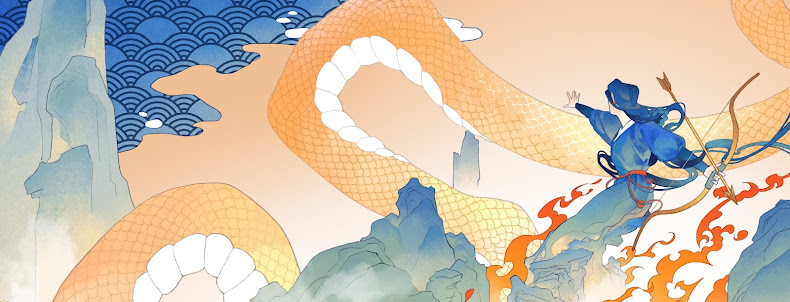I
saw the 1997 movie adaptation of Leo Tolstoy’s “Anna Karenina” starring Sophie
Marceau and Sean Bean and was quite smitten with it.
But
reading the epic novel has been a “value-added” experience. It feels like I
have been given a three-dimensional picture of each of the main characters
which simply come alive as flesh and blood with feelings, thoughts and beliefs –
just like real people, who are from a historical era. This is not to say that
Marceau’s and Bean’s and others’ acting wasn’t perfect, which it was. It’s just
that the novelist has the advantage of going right into the characters’ mind
and soul and through adroit writing craft, of laying it bare to the audience. The
emotional turmoil and mental processes that go on beneath their appearances,
facial expressions, gestures and actions couldn’t be conveyed as convincingly if
it weren’t for the author’s sensitive insight into the human psyche and his skilful
use of words. Well, yes, you may say that this is a roundabout way of saying
that I love Tolstoy’s writing, and I do.
The
story, though with an emphasis on Anna’s poignant love affair and ill fate, is in
fact about the vicissitudes of three households: a happy one (Kitty and Levin),
an unhappy one (Dolly and Oblonsky) and a tragic one (Anna and Karenin), painted
on a canvas of transitioning Russian social and political norms. Social mores
about love and marital bonds are beginning to tend towards a less dogmatic norm
but upper-class society in general still takes a hypocritically conservative
attitude. Politically, aristocratic Russia is waking up to the calls for
democratic reforms to its administrative structure and economic organization of
resources. I like the way Tolstoy blends the storyline with such a richly woven
backdrop.
I
believe Tolstoy’s own worldview finds its mirror in Levin’s mental struggles
between morality and temptation and between social justice and self
preservation, which conclude in the belief that good deeds are necessary for
the sake of one’s soul. Perhaps Tolstoy’s own interpretation of a happy
household is also reflected through Levin’s household after his marriage to
Kitty.
“Each
unhappy family is unhappy in its own way.” There are two unhappy families, each
with its own grievances. Oblonsky’s womanizing and irresponsible attitude
towards finances is shown to cause great anguish to Dolly and their children,
while Karenin, a self-centered and rigid bureaucrat and insensitive husband,
blames his unfaithful wife Anna for wrecking his honor and happiness and drives
her to despair out of pettiness.
Lastly,
there is something to be said about Anna’s sufferings and her ultimate failure
to overcome her deep insecurities. Apart from her painful dilemma between
choosing her lover and her beloved son and her inimical hardship in living like
a social outcast, her constant mental anguish arises, ironically, from her
exquisite beauty and her power to attract men, of which she is only too conscious,
and her apparent knowledge that beauty doesn’t last. Her debilitating fear that
Vronsky will love her less and less and will finally leave her is pitiable but
not unreasonable. If only she could find a way to building up confidence in her
inner beauty (her intellect and nurturing talent)! But self-confidence is not a
female trait condoned by society then. Thus, her tragedy could not conceivably
be averted! This is the pathos of the story.

No comments:
Post a Comment